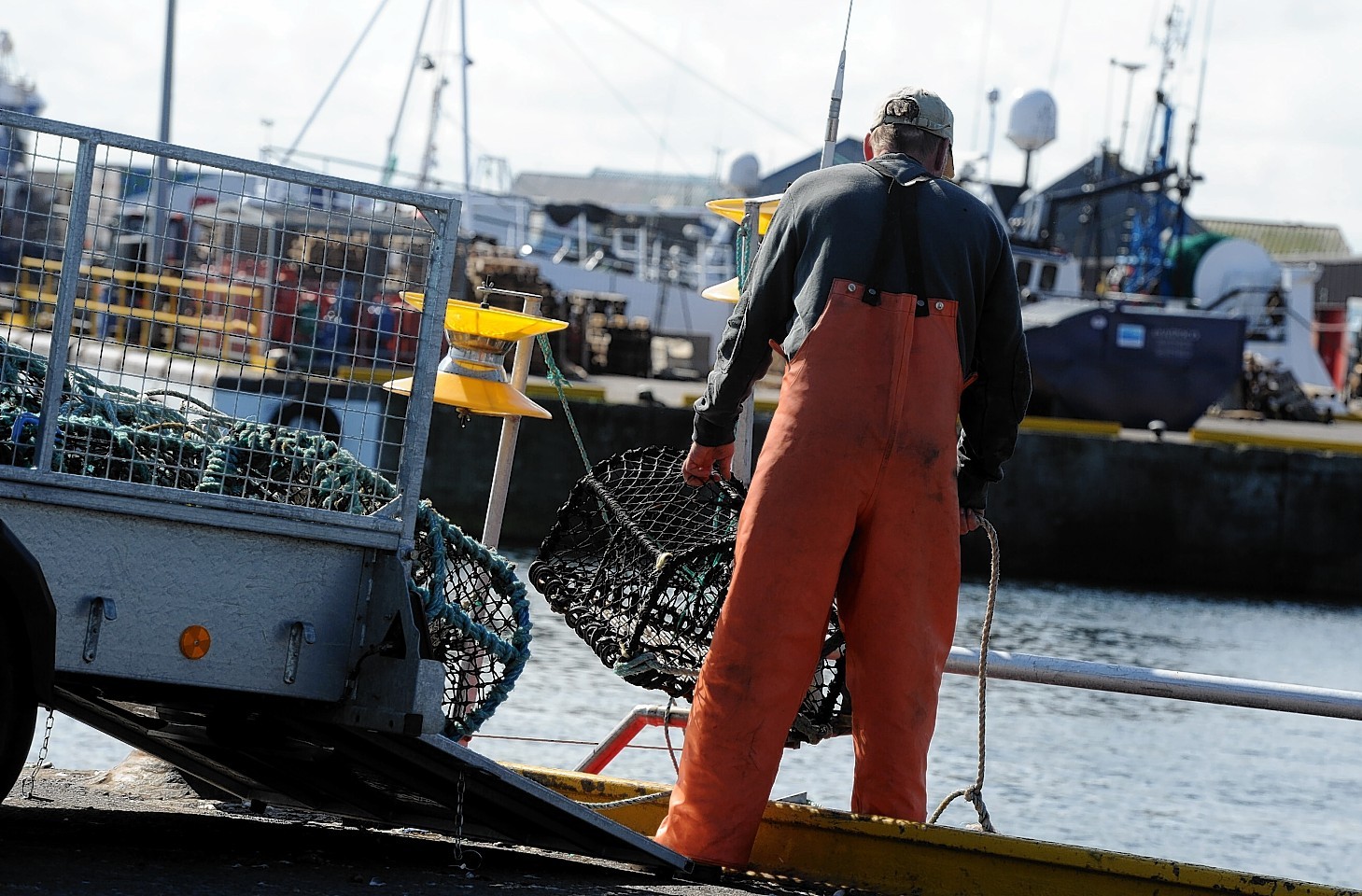New proposals from fishing chiefs in Brussels aim to deliver “a sustainable and profitable” management plan for a swathe of the North Sea.
Its “comprehensive plan” for the area covers more than 70% of fishing grounds and will introduce multi-annual catch limits based on science.
Industry leaders in Scotland have welcomed the move, which the European Commission (EC) says “brings decision-making closer to the fisherman”, but warned the new rules would be giving way to a “real opportunity” for change after Brexit.
The EC said its new multi-annual plan for white-fish stocks such as cod and haddock, currently subject to yearly quota revisions, would help to make sure they are fished responsibly.
European Union Fisheries Commissioner Karmenu Vella added: “Multi-annual plans are an important tool to shift decision-making to the regional level.
“We are proposing to bring the North Sea, one of our richest fishing grounds, under such a multi-annual plan.
“Its long-term approach is not only aimed at improving the conservation of stocks, but also at increasing predictability for our fishermen in the long run.”
The EC said some decision-making powers would shift to national and regional authorities, bringing the process closer to fishers.
It added: “For instance, with the introduction of the landing obligation (discard ban), a key component of the EU’s reformed Common Fisheries Policy, the catch obtained beyond a vessel’s quota cannot be discarded.
“Regional actors will be able to recommend tailor-made rules on the phasing-in of the landing obligation.
“In order to improve fisheries’ control, the proposal includes an obligation to land important species only in designated ports as well as new rules on the obligation to notify landings to authorities.
“The proposed rules aim to strike a balance between more flexibility for fishermen and more effective control.”
Fishing quotas set under the new plan would allows the industry to maximise profits, while keeping fish stocks healthy, it said.
Scottish Fishermen’s Federation chief executive Bertie Armstrong said: “The principle of multi-annual plans is a good one as it helps bring an element of stability to catching.
“However, with Brexit now looming, we will in the future have a real opportunity to construct proper regionally-focused multi-annual or other management plans that will deliver tangible benefits to fisheries in our area.”
The EC’s proposal, which now goes to the European Parliament and EC Council for discussion, follows a multi-annual deal agreed for the Baltic Sea earlier this year.
